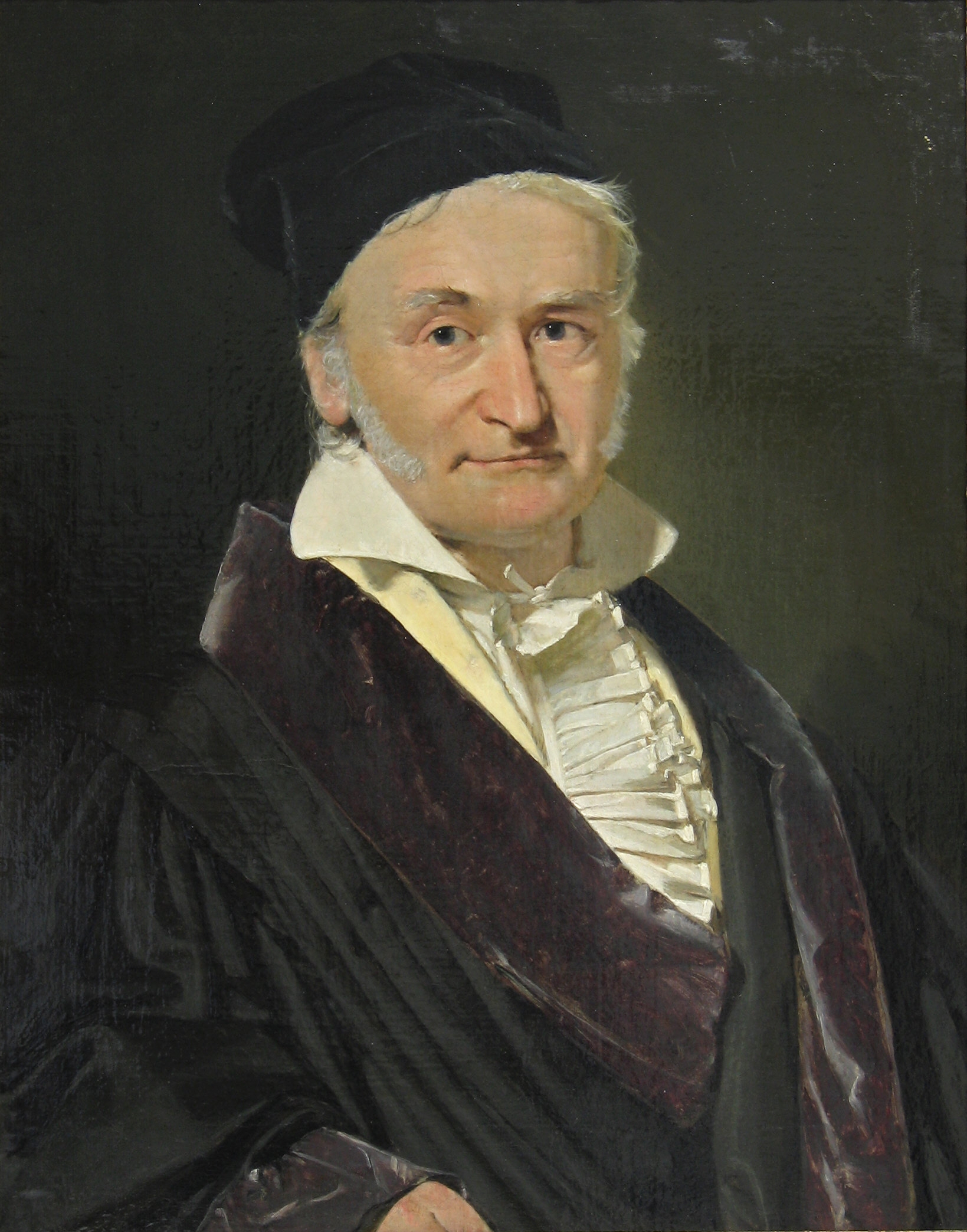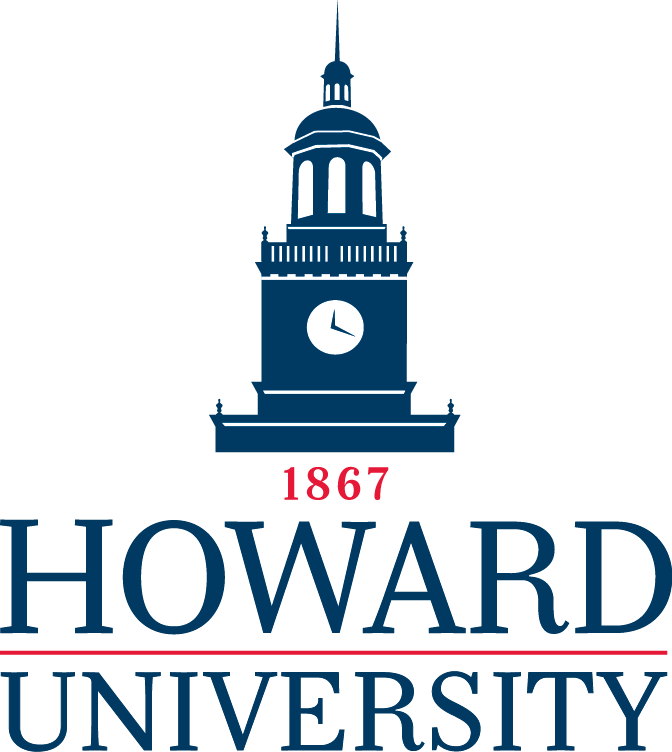When & Where: MWF 12-1pm on Blackboard Collaborate Ultra
Email: roberto DOT deleo AT howard DOT edu
Textbook
Tea Time Numerical Analysis, by Leon Q. Brin (Southern Connecticut State University)
Other Sources
Use the annotated copy of the
Lecture Notes, by B. Roman (U. of Cambridge), for Linear Algebra, pages 122-152.
Holistic Numerical Methods, by A. Kaw (University of South Florida)
Content
This class is an elementary introduction to the basic methods of the Numerical Analysis. At the same time,
it also works as a basic introduction to scientific programming in Octave/MATLAB with the goal of using
this language throughout the semester to implement some of the algorithms and ideas covered in class.
Because of this, we will be able to cover less theory than a normal Intro to Numerical Analysis class does
but, in the end, you will be able to write effective code to study numerically mathematical problems
rather than only knowing in theory how to do that.
Topics to be covered
- The Floating Point system.
- Iterative methods to solve equations.
- Linear Systems of Equations.
- Nonlinear Systems of Equations.
- Optimization.
- Eigenvalues and eigenvectors of a symmetric matrix.
- Polynomial interpolation.
- Integration.
- Initial value problems for ODEs.
Grades policy
Grades will be evaluated on the following bases:
- (Almost) weekly homework: 50%;
- Two take-home midterms: 2x15%;
- Final project: 20%.
Based on the total, you will get the following letter: A (90-100%), B (80-89%), C (70-79%), D (60-69%), F (0-59%).
Collaboration
Especially with online classes, teamwork is very important and will give you the occasion to interacct with your classmates.
You are encouraged in general to work with study partners and also to collaborate on homework.
On the other side, you must write your solutions
yourself, in your own words, and
you must list all collaborators
and outside sources of information.
It is a serious violation of academic integrity to copy an answer without attribution.
Academic Code of Student Conduct
(please see Howard University handbook)
No copying, unauthorized use of calculators, books, or other materials, or changing of answers or other
academic dishonesty will be tolerated. Cheating will not be tolerated. Anyone caught cheating will receive
an F for the course and may be expelled from the university.
Grievance Procedure
If you have any problems with the policies or rules of this course, discuss your concerns
with your instructor. If you are still unable to come to a satisfactory arrangement, you may contact the Director
of Undergraduate Studies, Dr.
Jill McGowan, and, if still unsatisfied, the
Chair of the Department, Dr.
Bourama Toni.
Americans with Disabilities Act
Howard University is committed to providing an educational environment
that is accessible to all students. In accordance with this policy, students in need of accommodations due to a
disability should contact the Office of the Dean for Special Student Services (202-238-2420, bwilliams@howard.edu)
for verification and determination of reasonable accommodations as soon as possible after admission and at the
beginning of each semester as needed.
Statement on Interpersonal Violence
Howard University takes sexual assault, dating violence, domestic
violence, stalking and sexual harassment seriously. If a student reveals that he or she needs assistance with any of these
issues, all responsible employees, including faculty, are required to share this information with the University Title IX
Office (202-806-2550) or a student can be referred for confidential services to the Interpersonal Violence Prevention
Program (IVPP) (202-238-2382) or the University Counseling Services (202-806-6870). For more information, please
visit
www.CampusSafetyFirst.Howard.Edu.
Tentative Syllabus
- Week 1: Motivation and introduction to Scientific Computing. Floating point system. Truncation and algorithm errors.
- Week 2: Taylor series and approximations, Iterative methods, Octave/MATLAB elementary coding.
- Week 3 through 5: Iterative methods, Linear Systems.
- Week 6 & 7: Nonlinear Systems, Optimization.
- Week 8: Eigenvalues and eigenvectors
- Week 9 & 10: Interpolation and Integration.
- Week 11 & 12: ODEs.
- Week 13: Some example of PDEs.
- Week 14: Review.
Languages used
Octave/MATLAB


